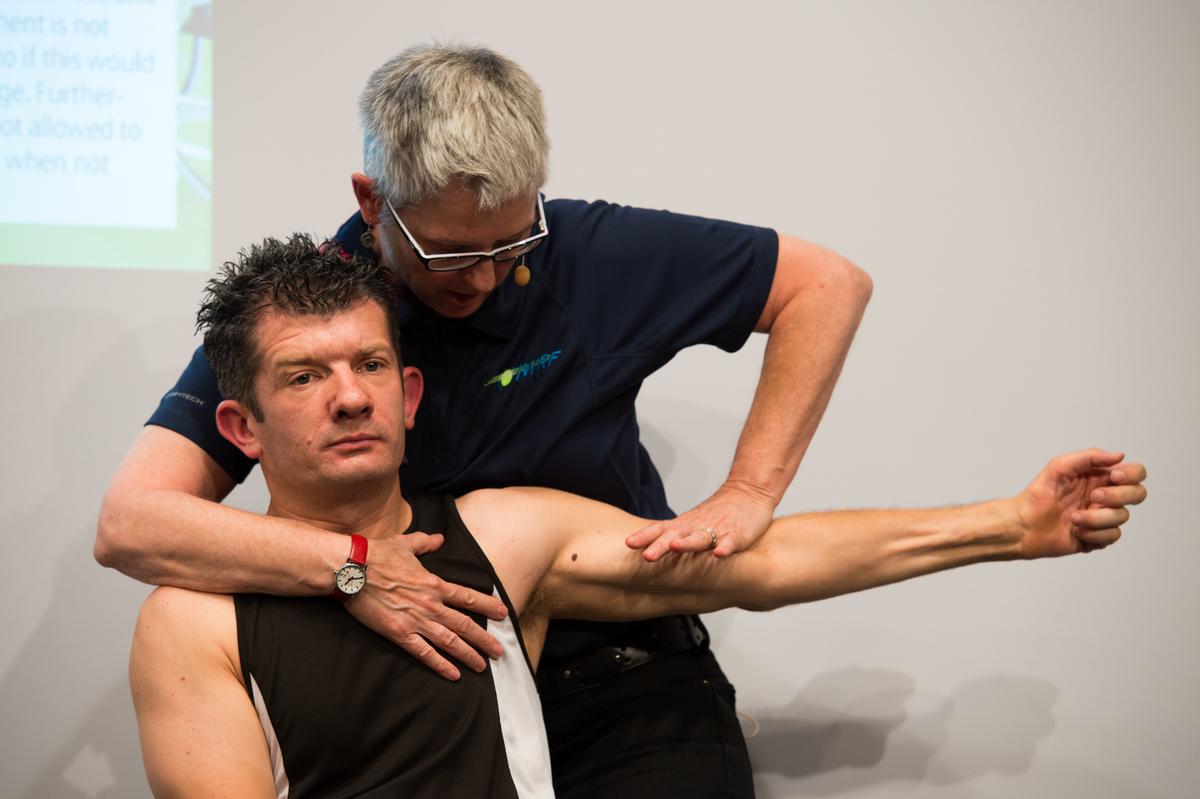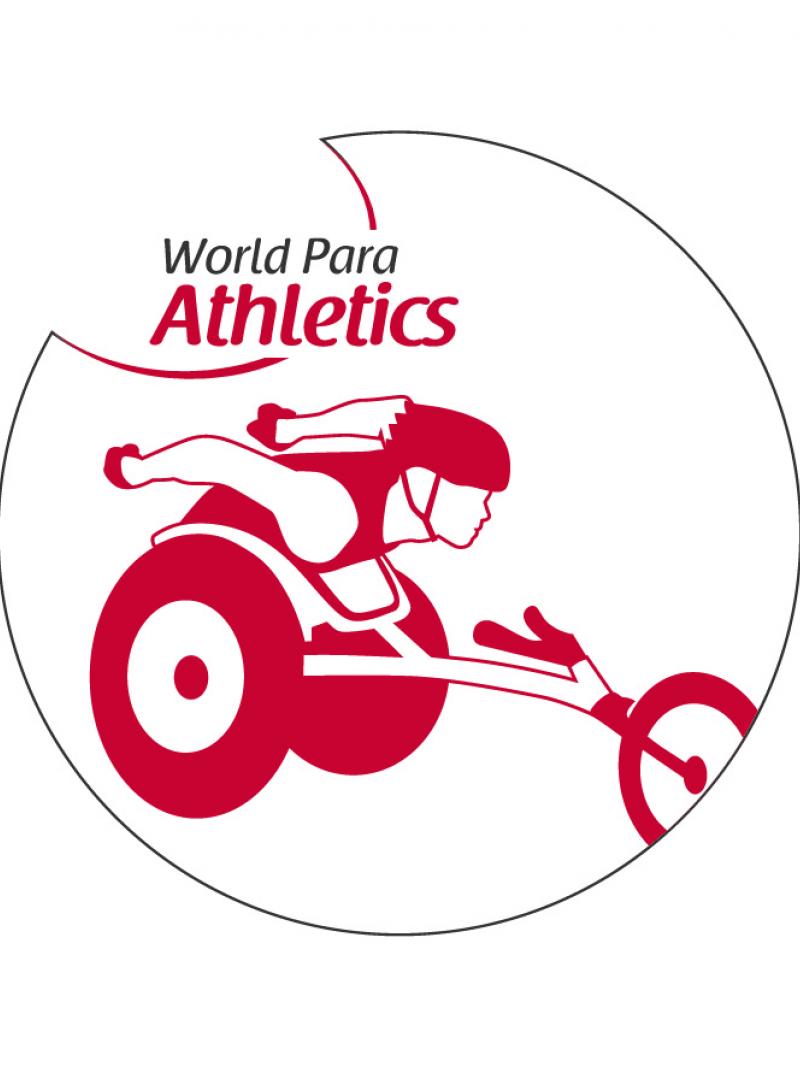IPC publish classification evidence for British Parliament hearing
Paralympic classification being discussed at Select Committee meeting on Tuesday 31 Oct 2017
Classification is vital to the success and growth of para-sport at all levels of competition.
The International Paralympic Committee (IPC) on Tuesday (31 October) published nine pages of written evidence it has provided a British Parliamentary hearing looking into classification in Paralympic sport.
The IPC's written submission can be found here.
Attending Tuesday’s Digital, Culture, Media and Sport Committee at the Houses of Parliament in London is British Paralympic Association Chief Executive Tim Hollingsworth, 11-time Paralympic gold medallist Baroness Tanni Grey-Thompson and Michael Breen the father of a British Paralympian. Joining via video link from Ottawa, Canada, will be Peter Eriksson, director and head coach at UK Athletics Paralympic Performance from 2009-2013.
The IPC was unable to send anyone to participate in the session due to prior commitments and instead submitted nine pages of written evidence to the Committee.
The evidence explains the process of classification, the IPC complaints procedure and provides answers to a number of allegations made previously.
Highlights of the report include:
• The IPC investigated complaints made by Mr Breen regarding the classification of some British Para athletes in May 2016. The IPC concluded the athletes were in the correct class
• The 30s class in Para athletics is for athletes with a co-ordination impairment. It is not and never has been just for athletes with cerebral palsy as some people wrongly claim
• The majority of allegations received by the IPC about improper classification have been brought forward by athletes or parents of athletes who either missed out on the final team selection for Rio 2016 or had an issue against the selection of other athletes in the team - in most cases these athletes were direct competitors
• The IPC in September was surprised to learn that an athlete planned to hand back her relay gold medal from the 2014 European Championships. The IPC and World Para Athletics remain unaware of any evidence that the athlete may possess that may question the integrity of her teammates or indicate that they are in the wrong classification. In contrast, World Para Athletics possesses in-depth medical diagnostic information and classifier reports that support and indicate each of the teammates are in the correct class, a class for athletes with co-ordination impairments (i.e., not “cerebral palsy”)
• A growing trend in Para sport in recent years has been for many leading countries to recruit, train and eventually select for major competitions - such as World Championships and the Paralympic Games - athletes at the higher end of a certain class. Countries are not breaking any rules by doing this as the athletes have been internationally classified and are in the correct class
• The IPC remains deeply concerned about the well-being and welfare of all Para athletes, and particularly about the well-being of those athletes who have been subjected to third-party allegations of improper classification. Although the athletes in question never have been named publicly, the athletes in question know full well that the allegations are being directed at them. Such repeated and unfounded allegations are causing undue stress and tension to these athletes.





